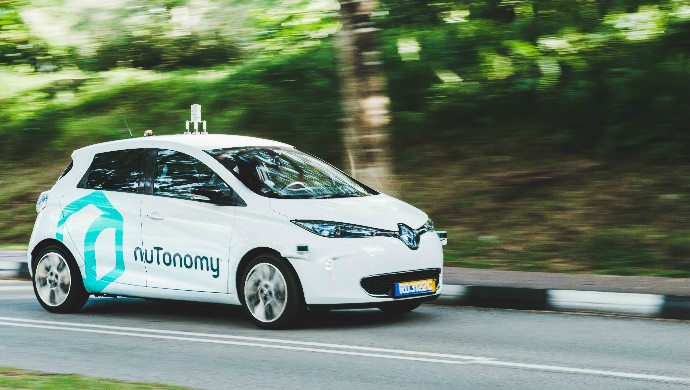The new amendment will diminish liability for self-driving vehicle operators should there be an accident

Be it time, money or public emphasis, Singapore has put significant investment into becoming a global leader in the development of autonomous vehicle technology.
In an amendment to the Road Traffic Act (RTA) passed yesterday, self-driving vehicles may soon be tested on public roads. Previously, the technology was tested in small strips of road around the one-north and CleanTech Park areas; both spots are major tech hubs in the city.
The new amendment suggests the technology will soon be tested throughout the city and venture into areas with heavier traffic, more pedestrians and less control over the environment.
The Land Transit Authority (LTA) has been granted a regulatory ‘sandbox’ which will allow greater flexibility to adapt to a rapidly developing technology.
The RTA amendment factsheet reads as such:
“As AV technology is evolving at a rapid pace, rules put in place to regulate AV (autonomous vehicle) trials must be highly adaptable. The proposed amendments to the RTA will give LTA the flexibility to create and amend rules to facilitate AV trials on public roads, as and when needed, while ensuring the safety of road users.”
In terms of how this applies to ‘on the ground’ realities, it is meant to both standardise the autonomous vehicle industry while also loosening the punishment for accidents.
Also Read: Self-driving cars to continue their dream run in 2017: Telenor survey
According to Channel News Asia, the Ministry of Transport will be able to place time and length restrictions on trials, implement design standards and require companies to share data with the government.
The RTA amendment will diminish liability for self-driving vehicle operators that get into accidents — an event that is almost inevitable during the trail period for driverless vehicles.
Currently, human drivers are held responsible for safe motor vehicle operations on public roads. The question of who is liable for a driverless vehicle accident is a serious debate and presents as much as an obstacle to full integration as any technology concerns.
Building an autonomous infrastructure
The Singapore government is very interested in making sure autonomous vehicles work. The factsheet cited a need to fill an employment shortage of bus drivers and also create a ‘last-mile’ public transit system that would work in conjunction with the MRT system.
“Autonomous vehicle (AV) technology has the potential to transformationally improve our transportation system…LTA has been facilitating AV trials by various technology developers at designated locations such as one-north and CleanTech Park since 2015,” the statement read.
Also Read: LTA partners NTU to trial driverless buses in Singapore
In August, nuTonomy, the US-based company on the forefront of bringing driverless cars to Singapore, launched the first public-beta of its autonomous taxi technology. It was involved in a minor accident in October, but that should be expected.
—
The post Singapore set to boost self-driving vehicle testing after law admendment appeared first on e27.